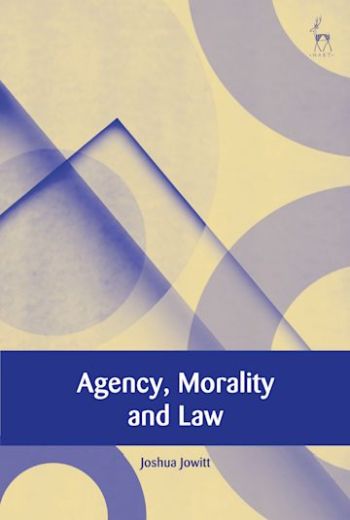
How does law possess the normative force it requires to direct our actions?
This book argues that this seemingly innocuous question is of central importance to the philosophy of law and, by extension, of the very concept of law itself. It advances a position grounded in the secular natural law tradition, and in doing so addresses the two success criteria for this position head on: firstly, that commitment to the existence of a supreme moral principle is required; and secondly, that any supreme moral principle must be identifiable through human reason
The book argues that these conditions are met by Alan Gewirth's Principle of Generic Consistency (PGC), which – through a dialectically necessary argument – locates the existence of universally applicable moral norms in the concept of agency. Given the very purpose of law is to guide action, legal norms must be located in a unified hierarchy of practical reason. It follows that, if law is to succeed in claiming to be capable of guiding our action, moral permissibility with reference to the PGC is a necessary condition of a rule's legal validity.
This strong theory of natural law is defended throughout, both against moral sceptics and positions within contemporary legal positivism.